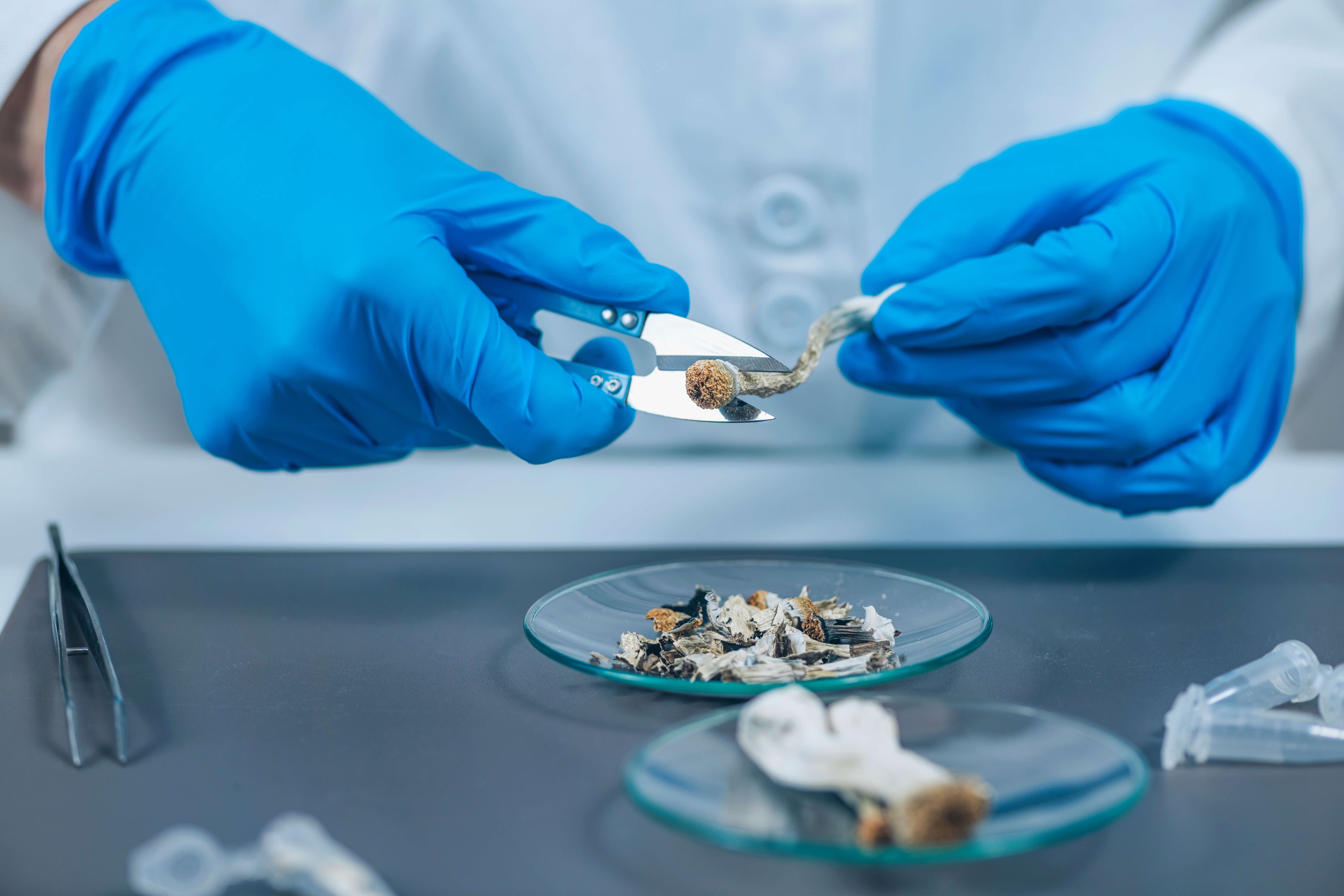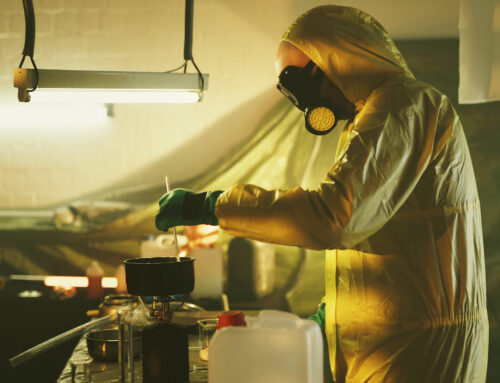The Growing Trend of Microdosing Psilocybin
Is microdosing psilocybin the key to better mental health, or is it just another risky trend? Supporters claim it enhances mood, creativity, and cognitive function, but the science is still inconclusive. More importantly, for individuals in recovery, using psychedelic substances—even in small amounts—could lead to serious setbacks. In this article, we’ll examine the potential risks, the lack of proven benefits, and why microdosing psilocybin may not be the safe alternative some believe it to be.
What Is Microdosing Psilocybin?
Microdosing involves taking sub-perceptual doses of psychedelic substances like psilocybin, the active compound in magic mushrooms. These doses are usually about one-tenth of a recreational amount, just enough to allegedly provide mental health benefits without causing hallucinations. Proponents claim that microdosing:
- Enhances focus and creativity
- Improves mood and emotional well-being
- Reduces symptoms of depression and anxiety
However, despite anecdotal support, scientific research on microdosing remains limited, and the potential dangers cannot be ignored.
The Lack of Scientific Evidence
While microdosing advocates often point to personal success stories, these experiences do not equate to scientific proof. According to the National Center for Complementary and Integrative Health (NCCIH), current research on psilocybin is still in early stages, with no definitive proof that microdosing leads to long-term mental health benefits. Some studies even suggest that the placebo effect may play a significant role in perceived improvements.
Potential Risks of Microdosing
Despite the optimistic claims, microdosing psilocybin carries several risks, including:
- Increased Anxiety and Paranoia: Some users report heightened anxiety, making it unsuitable for individuals with pre-existing mental health conditions.
- Physical Side Effects: Nausea, dizziness, and headaches are common among users, even at low doses.
- Legal Consequences: Psilocybin remains illegal in most places, meaning possession or use could result in legal trouble.
For people in recovery, these risks are even more severe, as introducing any mind-altering substance can disrupt sobriety and trigger relapse.
Why Microdosing Is Dangerous for Those in Recovery
At Achieve Wellness & Recovery, we understand that overcoming addiction requires a commitment to complete sobriety. Even small amounts of a psychedelic substance can be dangerous for those recovering from substance use disorder. Here’s why:
- Potential for Relapse: Even a small, controlled dose can reignite cravings for stronger substances, making it difficult to maintain sobriety.
- False Sense of Security: People may assume that because microdosing involves tiny amounts, it’s safe. This mindset can lead to experimenting with larger doses or other substances.
- Mental Health Risks: Many in recovery struggle with anxiety and depression. Since psilocybin affects brain chemistry, it could worsen existing conditions rather than improve them.
The Placebo Effect and Misleading Claims
A growing number of studies suggest that much of the perceived benefit of microdosing could be due to the placebo effect. In a 2021 study, researchers found that participants who believed they were microdosing experienced similar effects to those who had taken a real dose. This raises concerns that the supposed benefits of microdosing may not come from psilocybin itself but rather from psychological expectation.
Alternatives to Microdosing for Mental Wellness
Rather than turning to psychedelics, individuals seeking mental clarity and emotional stability should explore safer, evidence-based approaches, such as:
- Cognitive Behavioral Therapy (CBT): A proven method for managing anxiety, depression, and addiction recovery.
- Mindfulness and Meditation: Helps improve focus and emotional regulation naturally.
- Exercise and Nutrition: Regular physical activity and a balanced diet support overall brain health.
- Professional Treatment Programs: Facilities like Achieve Wellness & Recovery offer structured support for those struggling with mental health and addiction.
The Risks Outweigh the Benefits
While microdosing psilocybin is growing in popularity, the risks—especially for those in recovery—far outweigh any potential benefits. The lack of scientific evidence, potential for relapse, and legal consequences make it a dangerous choice. Instead, individuals should seek safe, well-researched alternatives for improving mental health. If you or someone you love is struggling with addiction, Achieve Wellness & Recovery is here to help. Contact us today to learn more about proven recovery strategies that promote long-term wellness.








